The presidential election is not just one race, it’s fifty races. When Americans cast their ballot this Election Day, they will decide the outcome of a winner-take-all contest for their state’s electoral votes. Their vote doesn’t go to their candidate directly. Instead, it decides which party’s electors—the actual people who participate in the electoral college—will gather to send their state’s electoral votes to Congress.
Any close presidential race brings the electoral college under scrutiny. Although it’s a contentious part of our political system—sometimes producing a winner who did not win the popular vote—the electoral college is part of the U.S. Constitution and therefore not likely to change any time soon.
How does the electoral college work? And what happens when it doesn’t produce a winner? In the video below, John Hudak explains.
The Brookings Institution is committed to quality, independence, and impact.
We are supported by a diverse array of funders. In line with our values and policies, each Brookings publication represents the sole views of its author(s).

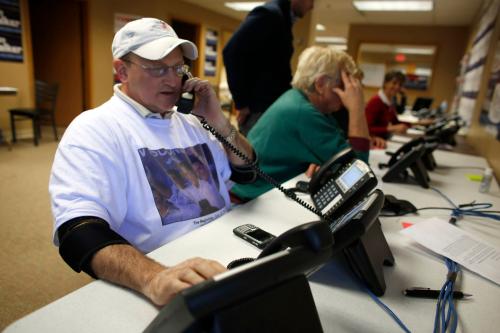
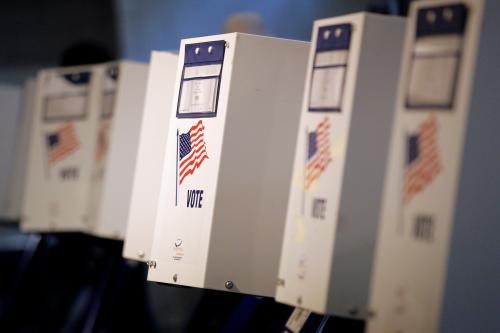
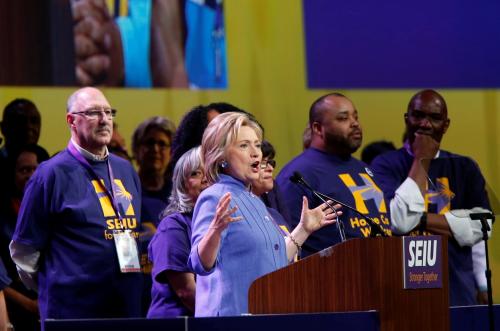
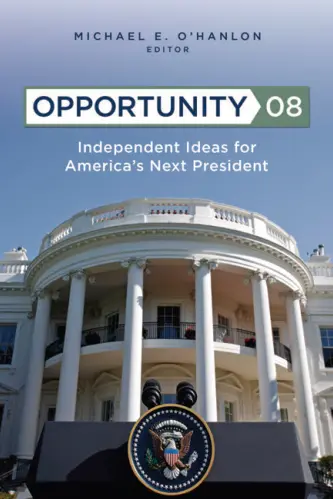
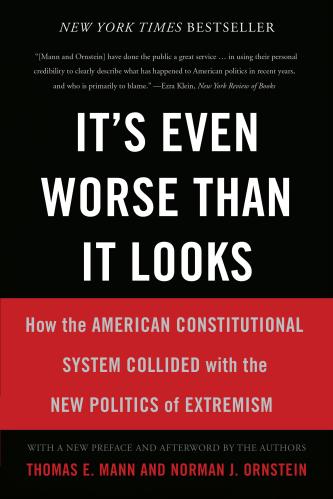
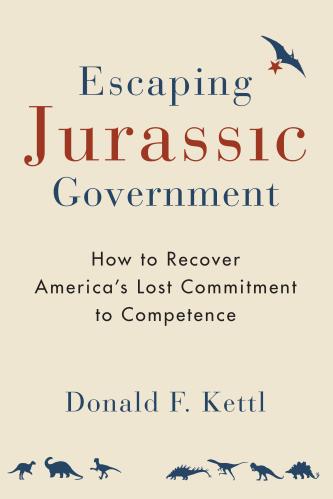
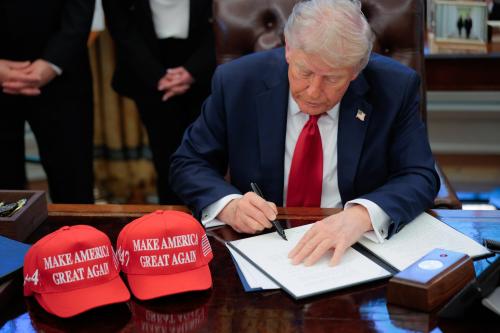


Commentary
How does the electoral college work?
October 7, 2016